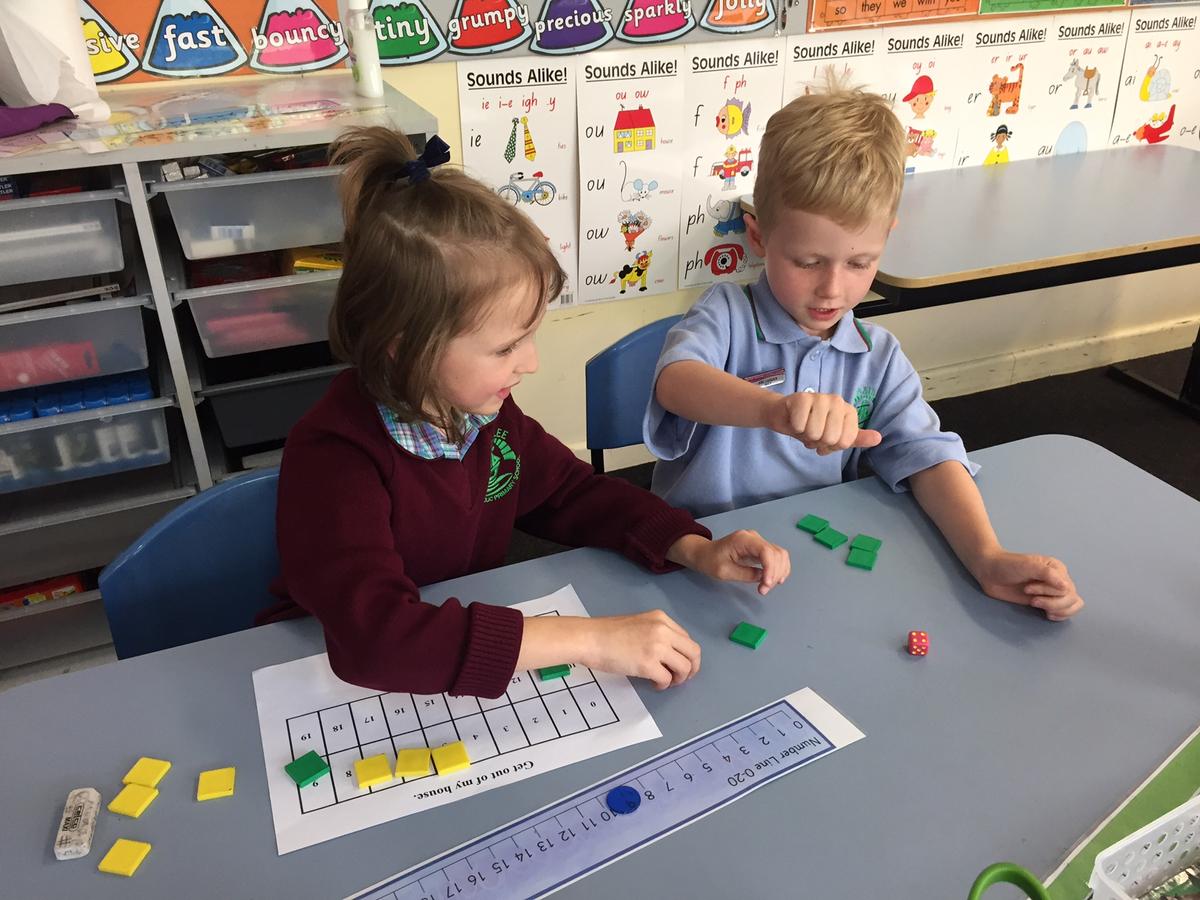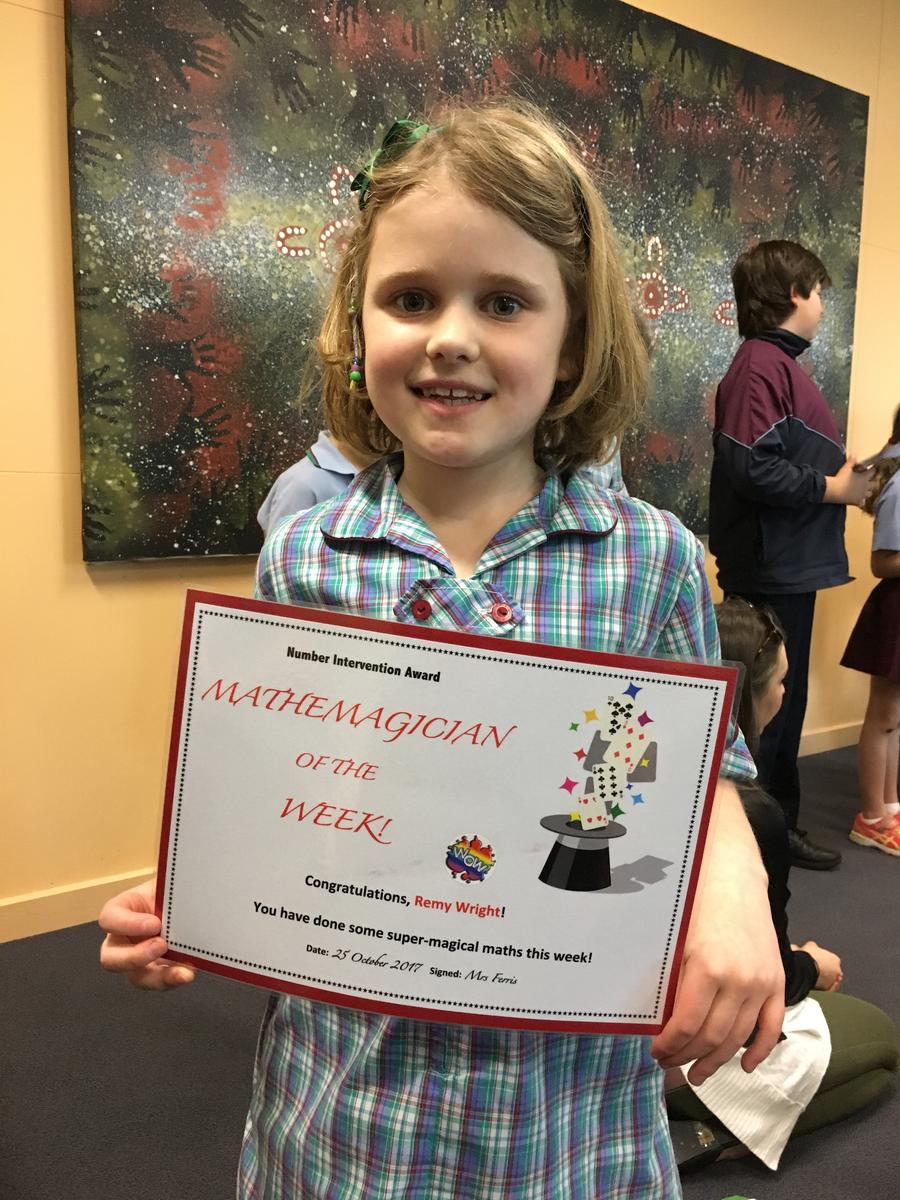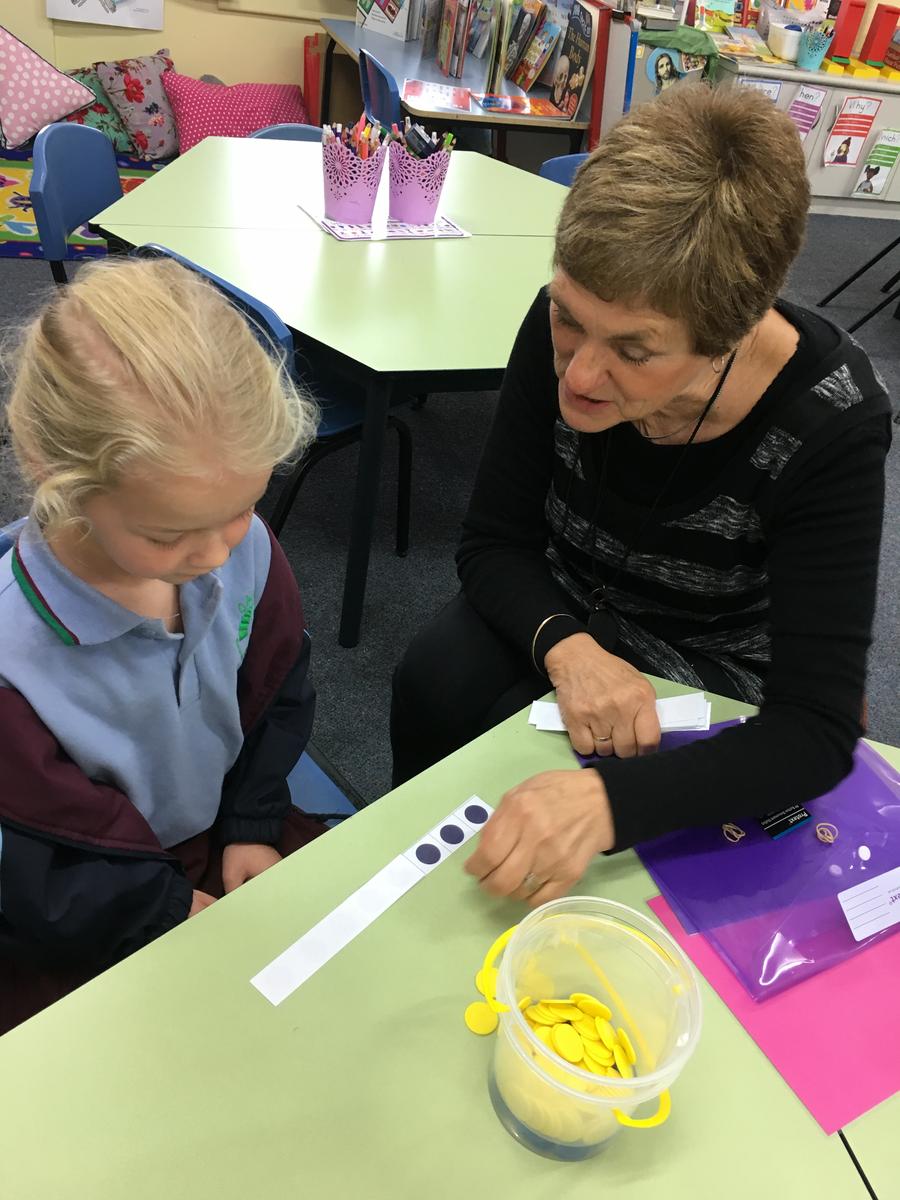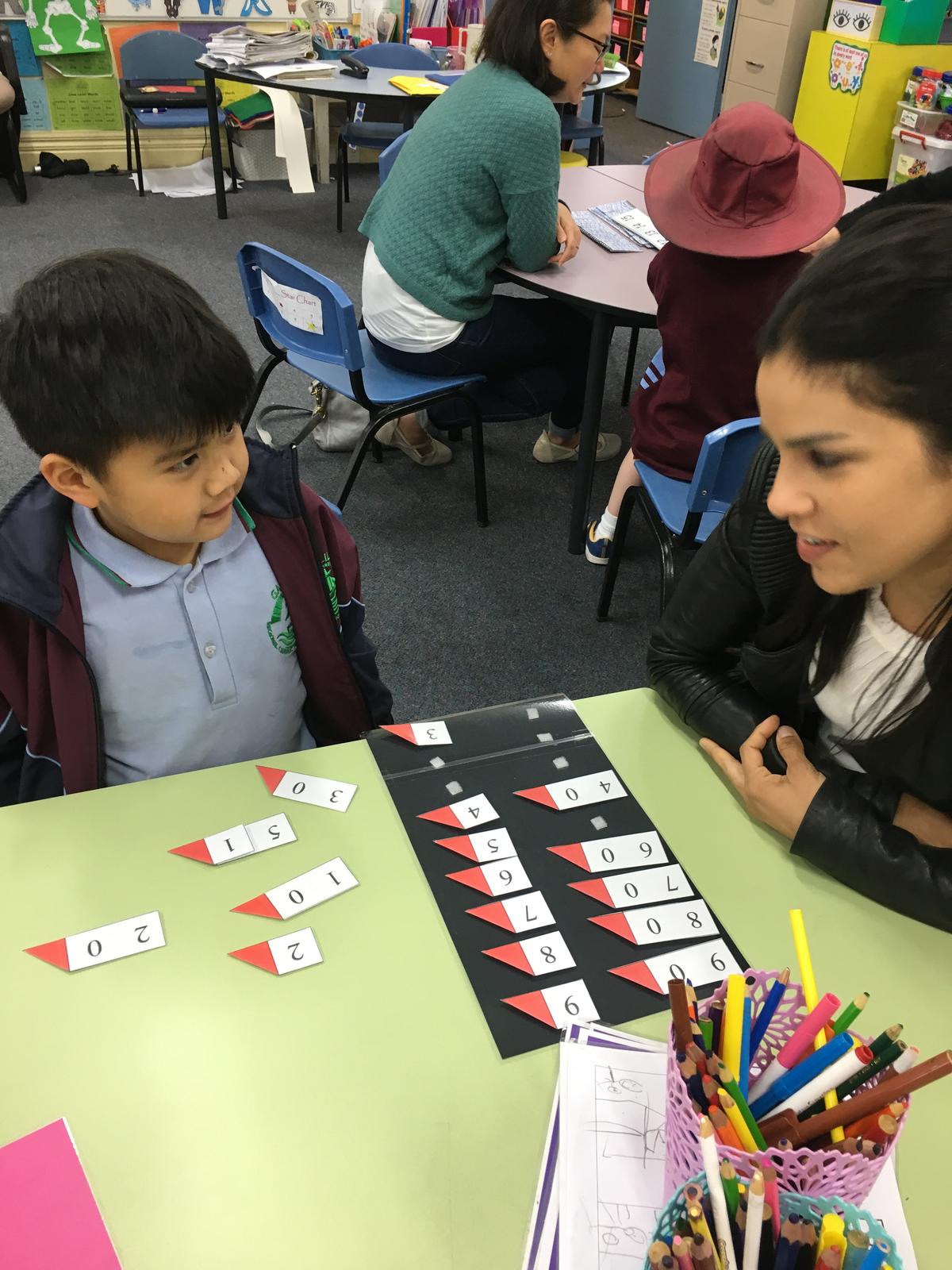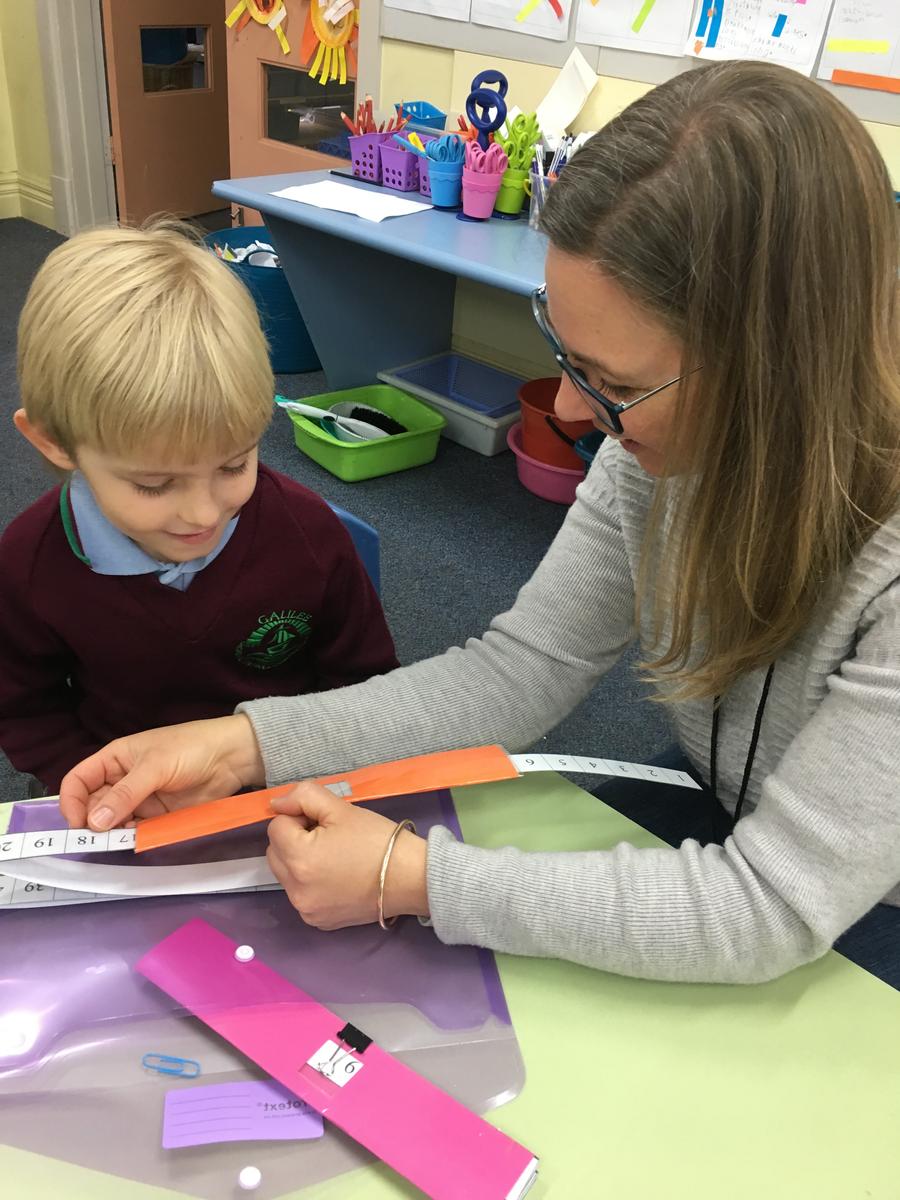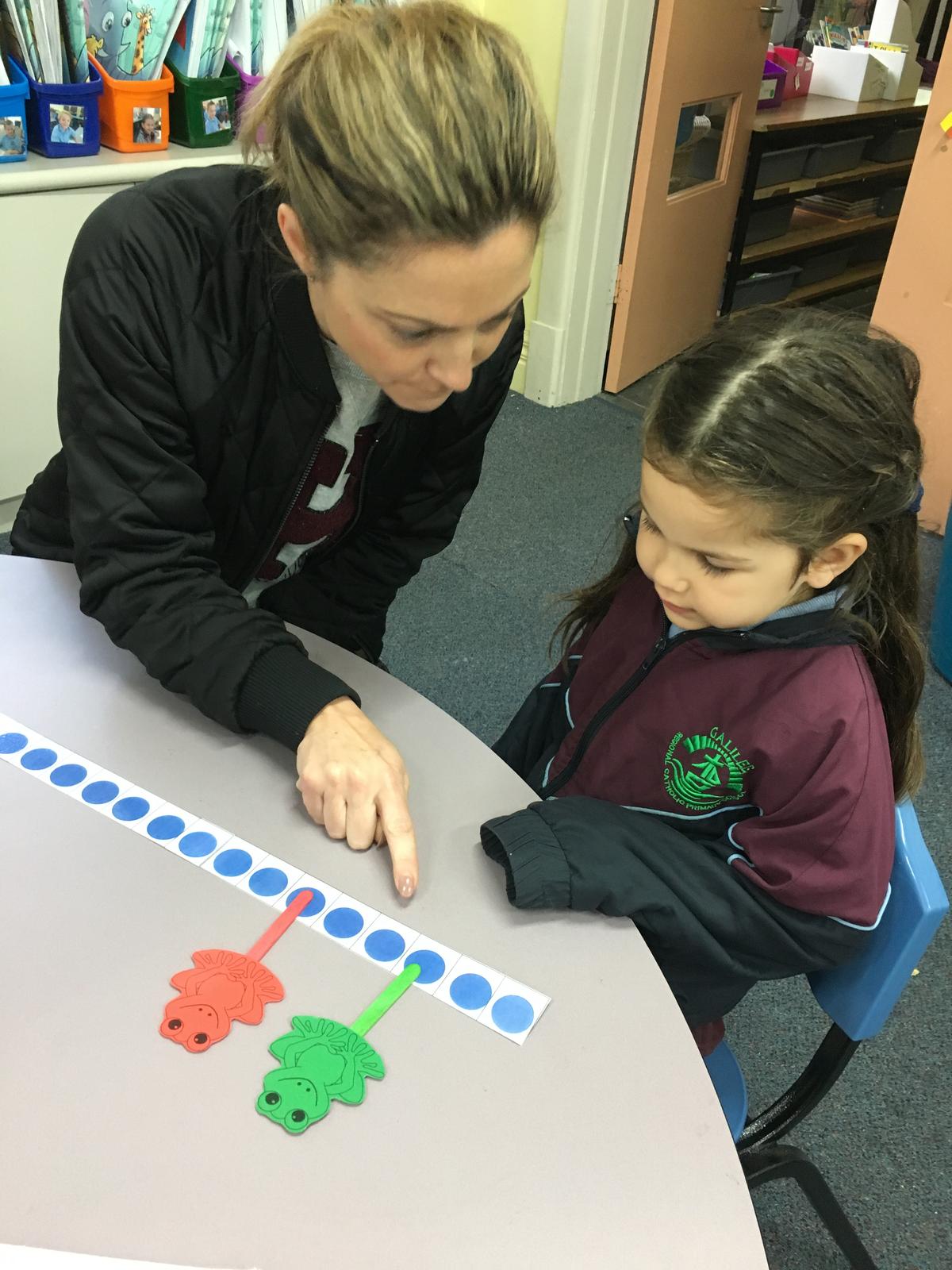Learning and Teaching
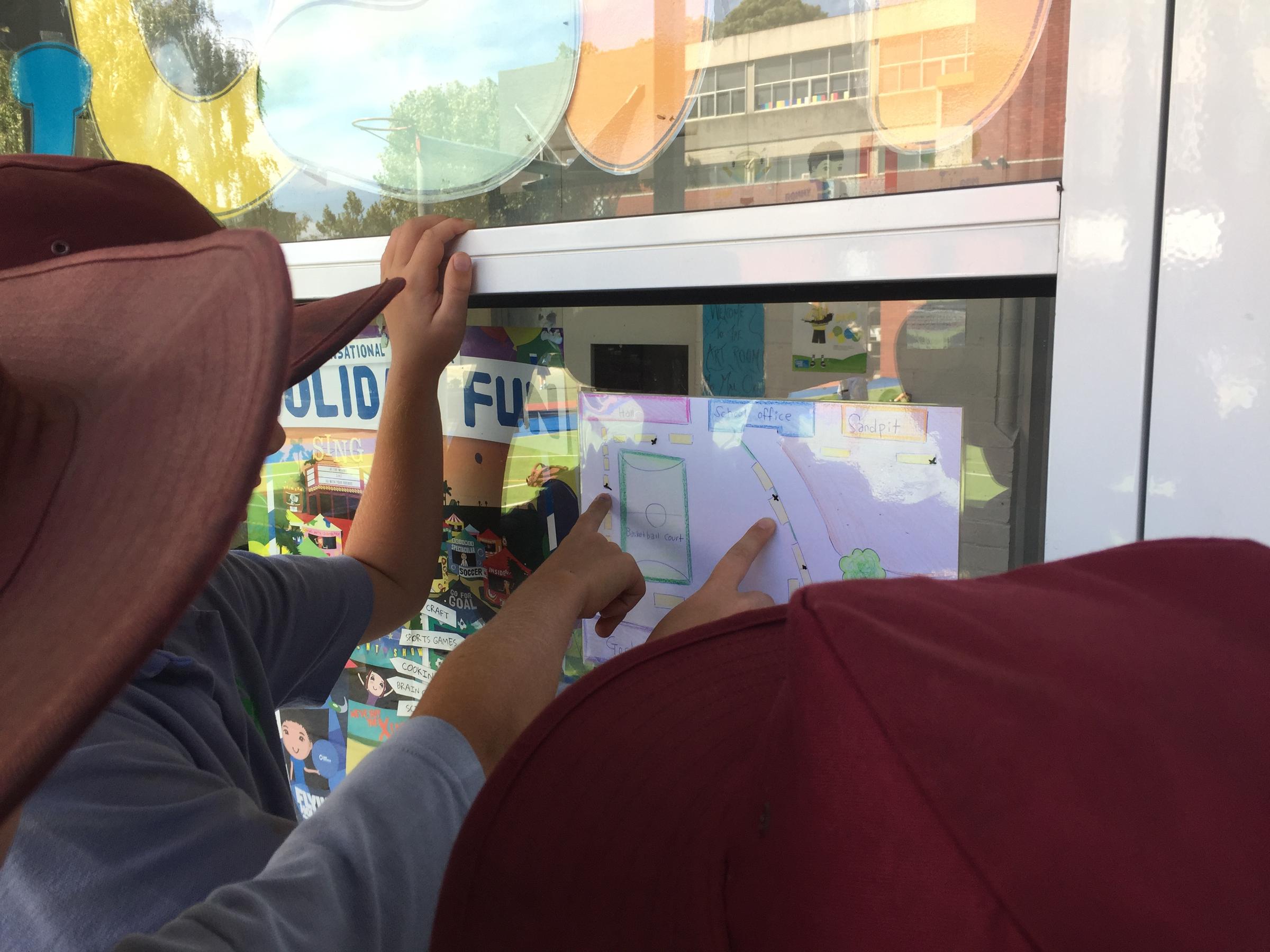
Helping children feel good about mathematics
Maths expert and parent, Associate Professor Janette Bobis from the University of Sydney, gives her top tips on how young children can become confident in maths.
Have a positive attitude towards maths
"Many parents are scared of maths or think they just can't do it, but it's the worst thing you can tell your child," says Janette.
"Parents are just so crucial as role models," she says.
"When parents tell their children that they themselves can't do it, it means they're communicating messages that it's OK not to be good at maths, which can carry all the way through high school."
Talk to your child about maths in everyday life
"We go about our everyday lives totally unaware of the maths we're using for so many tasks," Janette says. Talking to children about how maths is important in their everyday life makes it relevant and real. Some ideas are:
- cooking in the kitchen (measurement)
- operating a microwave oven (numbers and counting backwards)
- stacking containers in the cupboard (shapes)
- finding a certain house number down the street (counting by twos).
Play games to show you're interested in maths
Playing games that involve cards or dice provides valuable opportunities to show that maths matters and helps them to become better mathematicians, Janette says.
Ask your child to tell you the number of dots on a die each time they throw one during a board game. Eventually they will be able to do this without having to count them. These kinds of activities form the basis of working out number problems in their head. Research shows that kids who can do these things mentally have a deeper understanding of the maths involved.
When your child is adding the dots of two dice together ask them to start counting from the biggest number, eg if the dice rolled were five and two, start with the number five and then count on two more. This helps your child learn to be efficient in their number strategies.
Ask your child to explain how they work things out
When your child works out a maths problem, such as adding the total when two dice have been rolled, ask them how they did it.
"What we've found through years of research is that even young children have quite sophisticated thinking strategies for solving maths problems. We need to communicate to them that their ways of thinking are just as important as finding out the answer," Janette says.
"When you ask your child, ‘How did you get that?' they may at first say, ‘I don't know', but if they realise there is an expectation that they will need to explain the way they do maths, they will start thinking about it. The more they think about how they did something, the more it might make sense to them – it really contributes to that meaning-making process."
Look at patterns with your child
Asking your child to identify patterns – whether it's a pattern in a sequence of numbers, the beads in a necklace or the way bricks are arranged in a pathway – is helpful because through patterns, children identify structure.
"When we get to more advanced levels of maths such as algebra, it's all about identifying and dealing with patterns, so if we can get children at a very young age to start looking at them, no matter how simple they are, they're developing a mindset that they are important," Janette says.
Questions you can ask your child about identifying structure in patterns include:
- "What's the same about these patterns?"
- "How are they different?"
Group toys and objects
When children group things together, such as toys or blocks, they're actually identifying properties of things or looking for characteristics that are similar or different.
Talking to children about how maths is important in their everyday life makes it relevant and real.
"Later on children will be asked to find the characteristics of different types of shapes – say, triangles. At a much simpler level, being able to classify or group objects according to obvious characteristics will develop those foundational skills," Janette says.
Other ways of grouping and classifying can include:
- setting the table
- putting the cutlery back into the appropriate slots
- placing different sized containers inside each other
- sorting blocks into different colours or shapes.
Get your child to work things out in their head
Kids are encouraged to work things out in their mind in the early years of school rather than using pen and pencil to work out number problems, because it leads to a deeper understanding of the maths involved.
"That deeper understanding builds confidence, and makes it easier to solve more difficult problems because they understand the fundamentals," Janette says.
"Maths is about building upon foundations. The more complex maths kids learn later on is made easier if they've got solid foundations in those early years. That's why it's so crucial for children in the younger grades to understand those foundational concepts of maths: addition, subtraction, multiplication and division".
Article can be found on the School A to Z website: http://www.schoolatoz.nsw.edu.au
Number Intervention
Jane Ferris
jferris@gsmelbournesth.catholic.edu.au
Congratulations to our Mathemagicians this week, Stella in 6C, Loukas in 3R and Remy in 3C. Keep up the great work! You’re doing a wonderful job!
Parent Helper Programme
Last week, I worked with a very special group of Junior School parents (and a grandparent!), introducing them to the Early Number domains of the Number Intervention programme. These dedicated parents will assist in Prep for the remainder of this year, working with specific children to ensure the best possible outcomes for each and preparing them for their move into Year One.
A very big thank you to Jess, Audrey, Tiffany, Rae, Anastasia, Annalise and Maureen for giving up your time to learn about the programme and for the work you are doing with our children. I am so very grateful for your support! Thanks also to Pauline and Rosa for attending the workshop, furthering your understanding of the programme and ensuring you are able to work with children across the year levels.
As I mentioned in the last newsletter, in 2018 I will be running regular parent training sessions to upskill parents in Number/Maths Intervention, to help in year levels right across the school. Please contact me via email to register your interest in the Parent Helper in Maths training course for 2018. You will require a Working with Children Check to participate. Looking forward to hearing from you!
Term 4 Overviews
We encourage all families to read through the Term 4 Overviews. The Overviews explain the learning opportunities that students will participate in during Term 4. The Overviews also include important dates and events that are specific to each year level. We continue to encourage you to check the school calendar for the dates and time of school events.

